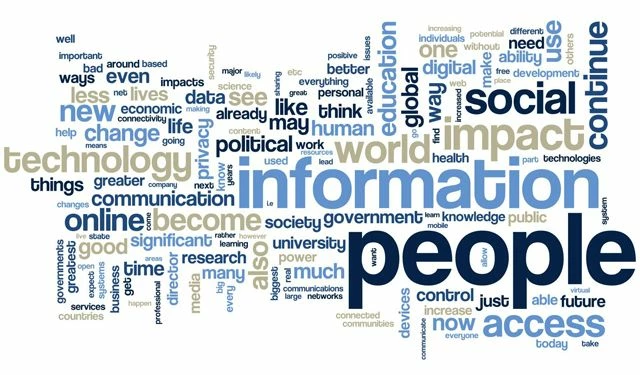
Partner Article
Digital language today
We live in a digital age where nearly everything is digital. You can spot the word digital almost everywhere – from digital platforms through digital citizens to, somewhat more bizarre, digital perm. But what does digital actually mean? This the first in a series of blog posts where we try to demystify the term digital, and make it more mainstream.
Below is a short glossary of digital terms, which you probably see and hear every day. But let’s start with the basics and explain briefly what digital means. According to the Oxford English Dictionary, digital means “the involving or relating to the use of computer technology”. In this context, computer technology often relates to the Internet and online functionalities.
But back to our glossary, please find a short selection below that you might find useful:
Avatar
A picture or cartoon used to represent an individual online, in chat forums, games, and social media or on other websites.
Hub
A common connection point for devices in a network, e.g. USB hub. Also, the “hub” refers to the effective centre of an activity, region, or network, such as “the city has always been the financial hub of the country”.
Freemium model
A type of business model that works by selling basic services, or a basic downloadable digital product, for free, while charging a premium price for advanced or special features.
PM
Stands for “private message”, frequently used in Facebook communication. The common combination is “PM me”, which literally translated means “private message me”. In plain English, it would be “Send me a private message”.
Phishing
An illegal method whereby legitimate looking e-mails (appearing to come from a high street bank, for example) are used in an attempt to source personal information that can be used to steal a user’s identity.
Usability
The ease of use and learnability of a human-made object. The object of use can be a software application, website, book, tool, machine, process, or anything a human interacts with
Web 2.0
The term describes the next generation of online use. Web 2.0 identifies the consumer as a major contributor in the evolution of the internet into a two-way medium. Often associated with the use of social media.
Viral
The term often associated with “Viral marketing”, which means the spread of a message quickly across the Internet, largely by “word-of mouth”. It mimics a virus because of the speed at which is transferred and the number of people that it reaches.
What other digital terms would you like added to this list? Please comment below.
This was posted in Bdaily's Members' News section by My Digital Biz .
Enjoy the read? Get Bdaily delivered.
Sign up to receive our daily bulletin, sent to your inbox, for free.








 Raising the bar to boost North East growth
Raising the bar to boost North East growth
 Navigating the messy middle of business growth
Navigating the messy middle of business growth
 We must make it easier to hire young people
We must make it easier to hire young people
 Why community-based care is key to NHS' future
Why community-based care is key to NHS' future
 Culture, confidence and creativity in the North East
Culture, confidence and creativity in the North East
 Putting in the groundwork to boost skills
Putting in the groundwork to boost skills
 £100,000 milestone drives forward STEM work
£100,000 milestone drives forward STEM work
 Restoring confidence for the economic road ahead
Restoring confidence for the economic road ahead
 Ready to scale? Buy-and-build offers opportunity
Ready to scale? Buy-and-build offers opportunity
 When will our regional economy grow?
When will our regional economy grow?
 Creating a thriving North East construction sector
Creating a thriving North East construction sector
 Why investors are still backing the North East
Why investors are still backing the North East